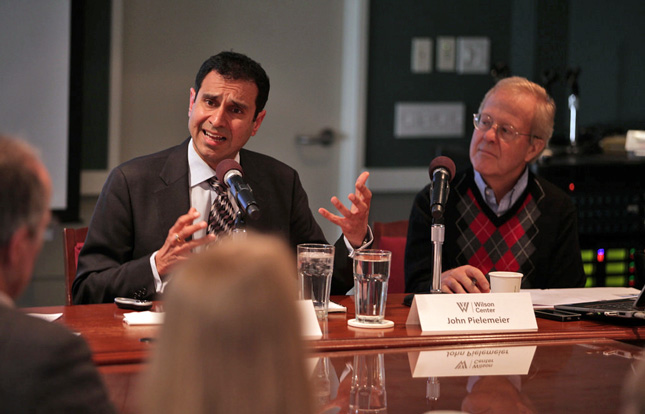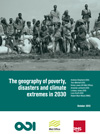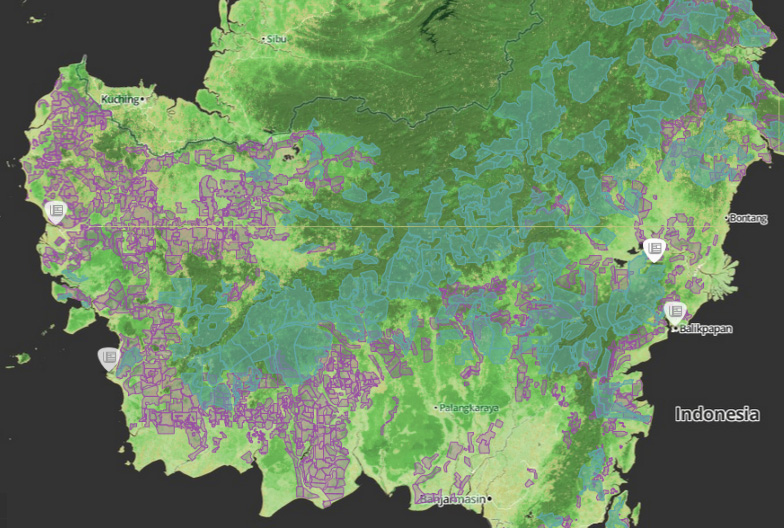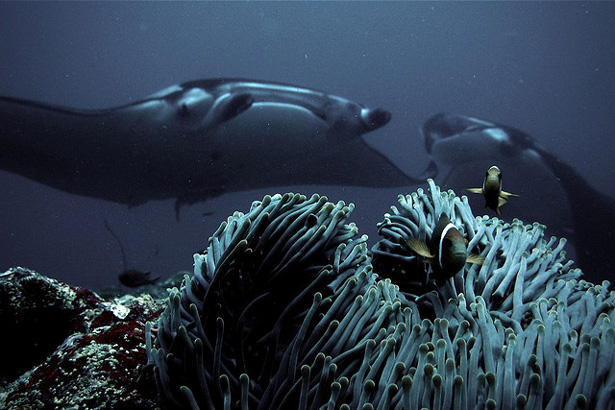-
Roger-Mark De Souza et al., Outreach
Re-Framing Islands as Champions of Resilience
›September 10, 2014 // By Wilson Center Staff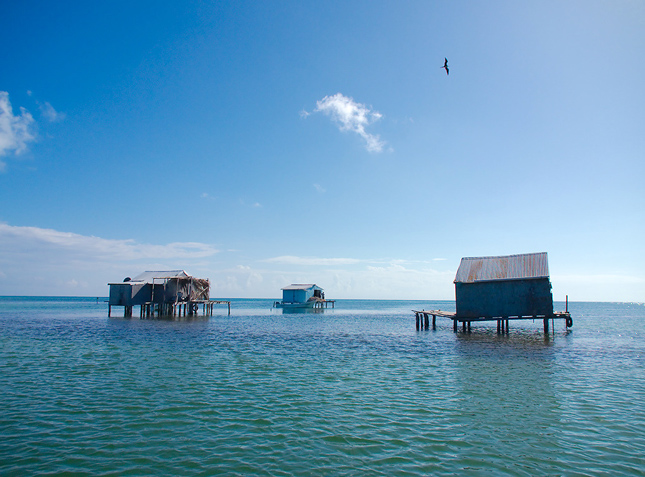
Island communities, particularly those from small island developing states, are often reported in policy documents, academic papers and mainstream media as being “most vulnerable” to climate change and disasters. While such a classification might serve to raise awareness of their plight, or be used as impetus for global action, this approach can also result in unintended (and damaging) attitudes and consequences. This is well-illustrated by recent off-the-record discussions with several donors and policy-makers who have inappropriately implied it is “too late” to “save the islands,” given their vulnerability to current and impending climate change impacts.
-
Alexandros Washburn on How Smart City Technologies Can Help Coastal Cities Prepare for Climate Change
›
As Hurricane Sandy bore down on New York in October 2012, the city’s chief urban designer was at home in Brooklyn deciding whether or not to evacuate. In the end, Alexandros Washburn decided to stay.
-
National Security and the Accelerating Risks of Climate Change (Report Launch)
›
Climate change poses a serious threat to U.S. national security and is becoming a “catalyst for conflict” in vulnerable countries, according to a panel of retired military leaders speaking at the Wilson Center on May 15. [Video Below]
-
Make It Count: Evaluating Population, Health, and Environment Development Programs
›
Evaluation is the lifeblood of any development effort – it’s how implementers know if they’re making a difference, determine what to do more or less of, and enables funders to evaluate cost-effectiveness. But it’s also an inexact science, no more so than when it comes to complex interventions that cut across sectors. [Video Below]
-
Disaster Risk Reduction Important to Preserve Development Gains, El Niño May Becoming More Frequent, Powerful
›As climate change threatens more extreme weather, it is becoming more important to incorporate disaster risk reduction into poverty-reduction efforts, writes the Overseas Development Institute in a new report. The authors of The Geography of Poverty, Disasters, and Climate Extremes in 2030 argue that the hard-won gains of development are threatened by vulnerability among the poorest to climate change disasters, especially droughts. “Up to 325 million extremely poor people will be living in the 49 most hazard-prone countries in 2030, the majority in South Asia and sub-Saharan Africa,” write Andrew Shepherd et al. Using an index measuring the risk of a nation’s exposure to natural disasters as compared with a nation’s vulnerability to extreme poverty (income less than $1 daily), the report singles out 11 nations at high risk in both categories.
-
Big Changes Need Big Stories: The Year Ahead in Environment and Energy Reporting
›
While climate change has enjoyed a recent spike in news coverage, journalists face a constant challenge to bring sustained attention to other environmental stories, including resource scarcity, the changing oceans, and demographic change. [Video Below]
-
Better Mapping for Better Journalism: InfoAmazonia and the Growth of GeoJournalism
›Nearly every local story has a global context. This is especially true when it comes to the environment, and there may be no better way to show that context than through visualization. But in developing countries, where so many important changes are happening, journalists often lack the resources or skills to make data visualization a part of their repertoire.
-
State of the Oceans 2013: Acidification, Overfishing Major Threats to Ecosystem Health
›
“The rate of speed of change in the global oceans are greater than [that] of any time in known history,” said Karen Sack of the Pew Charitable Trusts, speaking at the Wilson Center on November 13. She was joined by Paul Schopf, professor of oceanography and associate dean for research and computing at George Mason University, and Libby Jewett, director of the Ocean Acidification Programs at National Oceanic and Atmospheric Administration (NOAA), to discuss the latest State of the Ocean Report. [Video Below]
Showing posts from category oceans.




